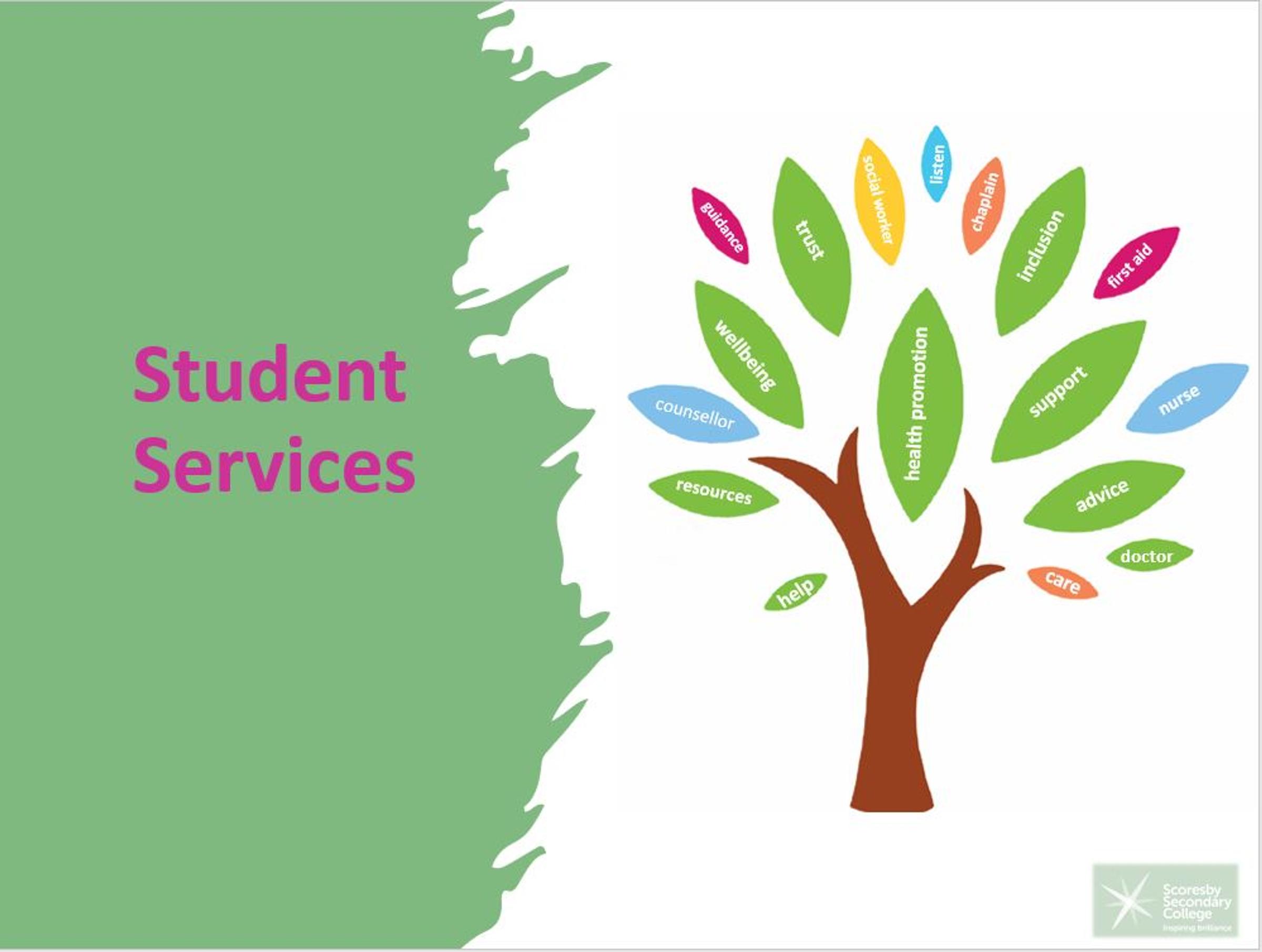Student Services

Healthy Headspace Tips
(Reference Headspace National Youth Mental health foundation)
Good mental health and wellbeing allows you to live your life in a positive and meaningful way and cope with life’s changes and challenges. Good mental health is a state of wellbeing, where you feel able to work and study, feel connected to others, be involved in your community and ‘bounce back’ when life’s changes and challenges come along.
How can I boost my mental health?
Some practical ways to improve your wellbeing every day are:
Get enough sleep- Sleeping well is good for your brain and body and helps you feel energised, stay focused and protect your mental health.
Eat well- Eating well can improve your mood, energy levels and general health and wellbeing. Fill up on nutritious food (like veggies, fruit and whole grains) and drink plenty of water to give your body and brain all the power it needs to function well.
Get into life –Do the things you love to do and the things that are important to you. It can help to keep fun in your life, give you a sense of accomplishment and purpose, boost your confidence and help to connect with others. It can be as simple as reading or playing music.
Stay active- Staying active can help you to sleep better, manage stress and boost your mood. Whatever it is start small, and make sure it is something you enjoy like walking the dog or kicking a ball outside.
Connect- Spending time with family, friends, pets and people in your community can help strengthen your mental health and wellbeing.
Learn new ways to handle tough times- Taking time to think about how you’re handling tough times is really important. Sometimes the things we do naturally can help, and other times they don’t.
Increase your options for handling tough times as they’ll come in handy now and into the future. Some options to consider include:
- Using art, music or journaling to express yourself
- Spending time in nature
- Talking kindly to yourself.
- Searching for meditation websites and free apps that can help you learn to relax: For example the App called ‘Smiling mind’.
- Avoid alcohol and other drugs as you will sleep better, feel better and this will help keep a healthy headspace.
How can I get help?
If a problem feels like it’s too bit to deal with by yourself it probably is. It’s important to speak up get support from friends or family and if this is not enough seek professional help. You can see your general practitioner (GP), make an appointment to chat to someone at your local headspace centre. Visit headspace.org.au for online and phone support.
Remember keeping a good mental health involves building your mental fitness, so you can stay on top of things and get the most out of each day.
Ms Joanne Morkham
Doctors in Schools Nurse
